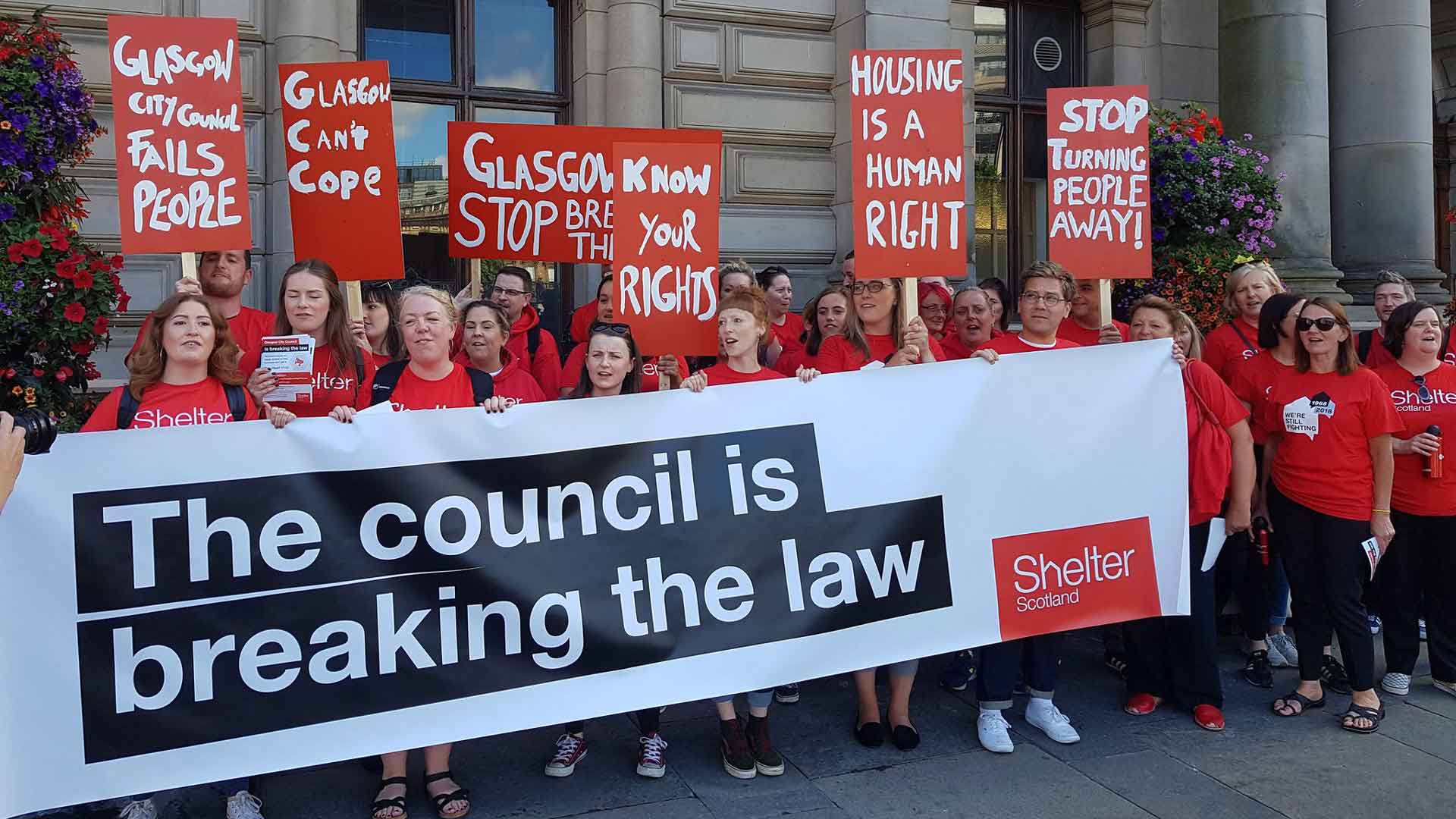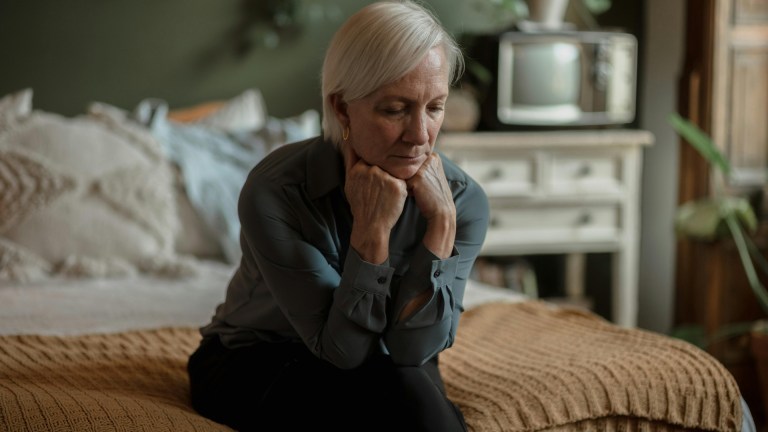However, the council has hit out at the group’s claims, calling the threat of legal action “an unhelpful distraction” for both parties.
A council spokesperson said: “It is untrue to state that 47 people died on the streets of Glasgow in a year, and Shelter know it.” The local authority later pointed out that it is “having an ongoing conversation” with the Scottish Government about the way local authorities are recording these figures over concerns the information is not being uniformly recorded countrywide.
The spokesperson continued: “Their own letter also accepts that there may have been over reporting in Glasgow which demonstrates they know their accusation of gatekeeping is also untrue.
“As they are well aware, there are significant pressures on our homelessness accommodation service and we are working with the Scottish Housing Regulator and partners in the third and housing sectors to tackle these challenges.
If public bodies can pick and choose which laws they wish to follow, then it will undermine citizens’ rights across the board
“Rather than raising money for court action, it would be helpful if Shelter worked constructively with us, to tackle the pressing issue of homelessness. We share a common aim and threats of legal action are an unhelpful distraction to this crucial work.”
Figures from The Ferret and the Bureau of Investigative Journalism released earlier this year showed that 139 people had died while homeless in Scotland in the 18 months prior.
Advertising helps fund Big Issue’s mission to end poverty
Last year Shelter Scotland held a demonstration outside the council headquarters over concerns that homeless people who needed help were being turned away.
In response, councillors promised improvements – but the charity said these improvements haven’t materialised.
By law, a local authority must accept a homeless application if they believe that person is homeless or at risk of homelessness as well as providing temporary accommodation during inquiries and the search for somewhere for them to live permanently.
Graeme Brown, director of Shelter Scotland, said: “Quite simply, enough is enough. The facts are clear; Glasgow City Council is breaking the law; homeless people are being forced onto the streets; officials are unable or unwilling to tackle the problem; and the numbers are getting worse not better.
“This is a Glasgow problem that needs leadership from the top to tackle. When Shelter Scotland supporters protested outside the City Chambers last year, we were hopeful that things would get better. Instead the numbers have gone up during a year when 47 people have died on Glasgow’s streets.
“Rights are not a privilege – they are a legal entitlement enforceable by law and the council should not be allowed to disregard the law with impunity. If action is not taken to end this practice and public bodies can pick and choose which laws they wish to follow, then it will undermine citizens’ rights across the board.”
Advertising helps fund Big Issue’s mission to end poverty
Tam Lyon was part of the group that delivered today’s letter to the council. He said he has first-hand experience of. how “transformative” a home and strong support network can be to helping people rebuild their lives after homelessness.
He said: “Simple things like where to stay that night become impossible and it is easy to think nobody cares. It is a scandal that Glasgow City Council has been able to get away with this for so long, but the harsh reality is that they think nobody will do anything about it.
“That’s why I am asking the people of Glasgow to show their support. Anyone can become homeless because of debt, losing your job or becoming disabled and we all need to know that when we need it most, there is somewhere we can go.”
The council says it is exhausting resources in an attempt to end the city’s homelessness crisis, including with its Housing First approach that prioritises getting people into permanent homes with the support they need.
Meanwhile, Glasgow’s homeless population is currently at the heart of the UK’s worst HIV outbreak in 30 years, caused in part by the rise of cocaine injection in the city.
Advertising helps fund Big Issue’s mission to end poverty
According to reports from the BBC, 157 people in total have been diagnosed with the virus since the outbreak was first detected in 2015.
Roughly 125 of those people affected are believed to have taken anti-retroviral treatments but 28 people have died from overdoses or other health problems.
That has reignited calls for drug consumption rooms, which have been backed by the Scottish Government but Westminster is yet to give the idea the green light.
Glasgow Caledonian University professor Dr Andrew McAuley has warned that the “narrow focus” on these rooms is distracting from the need to focus on regular drugs testing, preventative treatment, needle and syringe programmes and opioid substitution therapy to halt the epidemic.
Dr McAuley led research into the HIV epidemic which highlighted an increase in the number of people injecting cocaine when it was published in April.
Image: Shelter Scotland, Twitter, 2018










